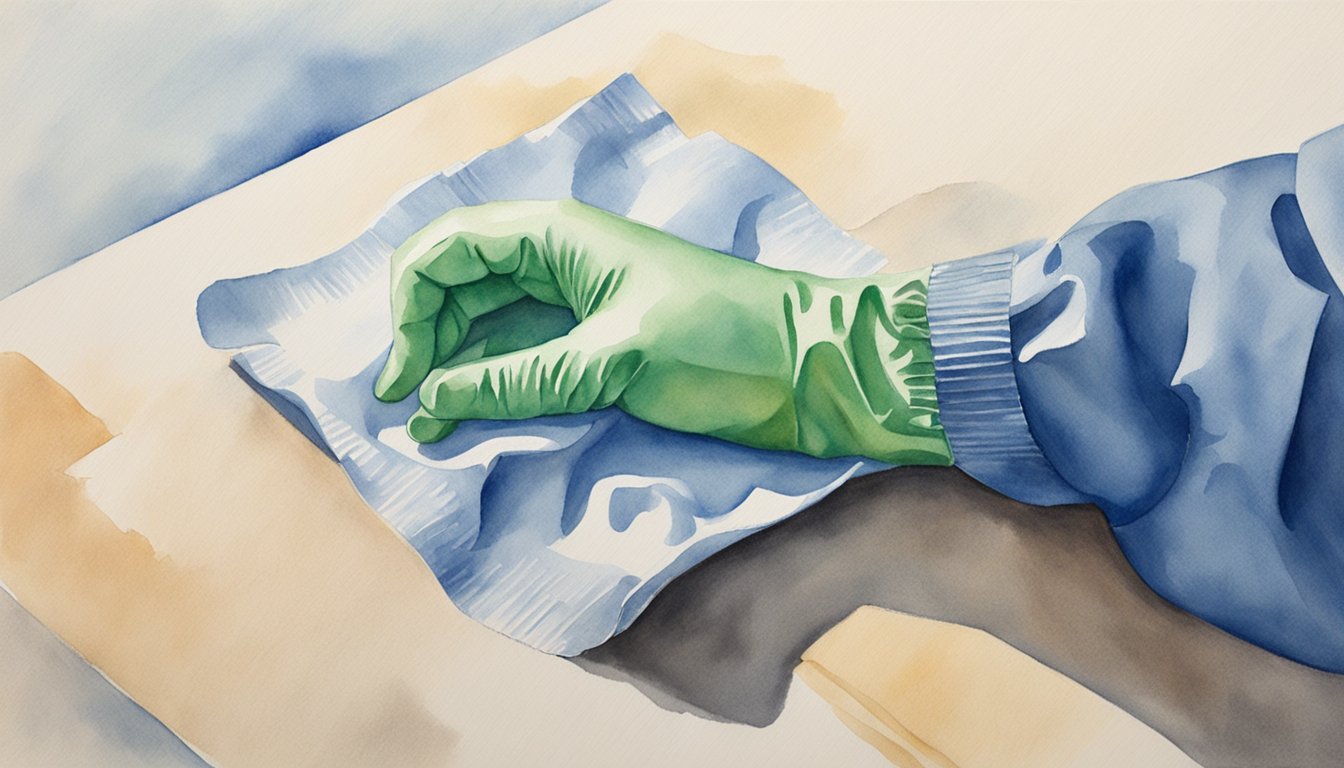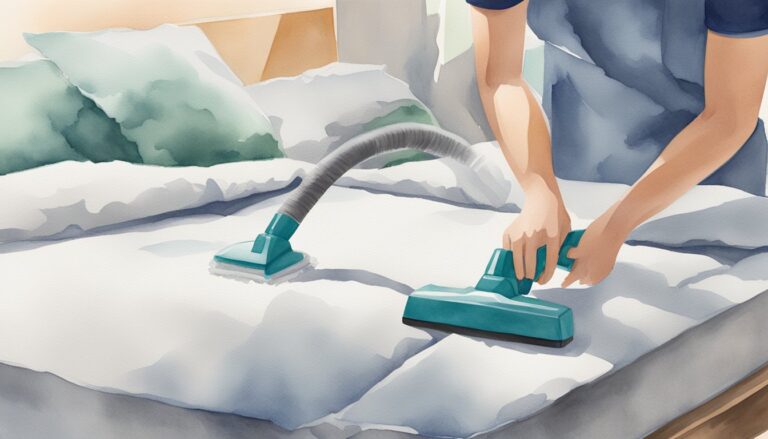Call us: (631) 270 9692
Cleaning aluminum can be a simple task if we use the right methods and materials. From pots and pans to furniture and wheels, aluminum requires regular maintenance to stay shiny and functional. To clean aluminum effectively, it’s best to use common household items like vinegar, baking soda, and lemon.
We can start by washing the surface with soap and water to remove loose dirt. For a deeper clean, use a mixture of vinegar and water, or scrub with baking soda. These natural ingredients help remove oxidation and restore the bright look of aluminum.
Knowing how to prevent corrosion also helps maintain the quality of aluminum over time. By drying aluminum thoroughly and using protective coatings, we can extend the life of our aluminum products and keep them looking new. For detailed steps, visit this guide on cleaning aluminum corrosion.
Cleaning Basics for Aluminum
To keep aluminum surfaces looking their best, regular cleaning with appropriate agents is essential. This involves understanding the properties of aluminum and choosing the right cleaning agents for the job.
Understanding Aluminum Properties
Aluminum is a lightweight, durable metal that is used in many household items, from cookware to outdoor furniture. It is resistant to rust but can corrode when exposed to certain chemicals or saltwater.
Understanding that aluminum’s surface can be affected by abrasive materials helps us choose gentler cleaning methods. Regular cleaning prevents buildup and keeps the aluminum free of tarnish and stains.
Choosing the Right Cleaning Agents
Using the right cleaning agents is key to maintaining aluminum. Warm water mixed with mild dish soap works well for basic cleaning.
We can make a solution of soapy water and use a soft-bristle brush or sponge to scrub the surface. For tougher stains, cream of tartar or vinegar can be effective. These should be applied gently and rinsed thoroughly with clean water to avoid any residue.
It is essential to avoid harsh chemicals or abrasive scrubbing pads as they can scratch or damage the aluminum surface.
Removing Tarnish and Oxidation
We’ll cover effective methods for getting rid of tarnish and oxidation on aluminum surfaces. Using natural solutions and dealing with oxidation properly can make your aluminum look as good as new.
Natural Solutions for Tarnish Removal
Using natural ingredients is both effective and safe for removing tarnish from aluminum. One common method involves using lemon juice. The acid in lemon juice helps break down tarnish. We can apply it directly to the aluminum, letting it sit for a few minutes before scrubbing with a soft-bristled brush.
Another option is white vinegar, which is also acidic. Mixing vinegar with salt creates a potent cleaning paste. We can rub this paste onto the tarnished area and then rinse thoroughly. This approach works well on items like cookware or patio furniture that need a gentle yet thorough cleaning. For tougher spots, cream of tartar is beneficial. It can be sprinkled onto a damp cloth and used to scrub the aluminum. After rinsing, the aluminum will shine.
Dealing with Oxidation
Oxidation, or aluminum oxide buildup, requires a slightly different approach. Combining water with vinegar creates an acidic solution that helps reduce oxidation. Bringing this mixture to a boil can further enhance its effectiveness. We should fill an aluminum pot with water, add two tablespoons of vinegar per quart, and let it boil for 15 minutes.
Once cooled, we can use a soft-bristle brush to scrub away the oxidation. Baking soda is another useful household item for tackling corrosion and pitting. Creating a paste with water and baking soda and applying it with gentle scrubbing can lift oxidation marks without damaging the aluminum. Rinsing well afterward ensures no residue is left that might further corrode the surface.
We should always ensure the aluminum is dried properly to avoid rust or further corrosion. These methods are straightforward, affordable, and highly effective for maintaining aluminum items.
Specialized Cleaning Techniques

We need specific methods to clean different types of aluminum items effectively. Below, we discuss techniques tailored for cookware and larger aluminum surfaces.
For Cookware and Utensils
Cleaning aluminum cookware and utensils requires careful handling to avoid damage. Here’s what works best:
-
Soap and Water: First, wash the item with mild dish soap and warm water. Use a soft-bristle brush or sponge to gently scrub the surface.
-
Cream of Tartar: This household ingredient is excellent for removing stains. Sprinkle some on a damp sponge and rub it onto the aluminum surface. Rinse with clean water and dry thoroughly.
-
Vinegar Solution: For tougher stains, mix equal parts vinegar and water. Boil the solution in the cookware for about 10 minutes. Allow it to cool, then scrub gently with a sponge.
It’s important to rinse thoroughly and dry the items immediately to prevent water spots and oxidation.
For Larger Aluminum Surfaces
When it comes to aluminum furniture or sinks, the cleaning process involves more robust techniques.
-
Garden Hose: For outdoor furniture, a garden hose can effectively remove surface dirt. Make sure to spray all sides.
-
Scrubbing: Apply a cream of tartar or baking soda paste to a soft scrub brush, then scrub the aluminum surface. Focus on areas with visible grime or stains.
-
Rinsing: Rinse thoroughly with clean water to remove any residue. This step is crucial to avoid streaking and spots.
-
Drying: After rinsing, dry the aluminum immediately using a soft cloth. This prevents water spots and keeps the surface looking shiny.
These specialized techniques ensure that aluminum cookware, utensils, and larger surfaces like furniture and sinks remain clean and durable.





